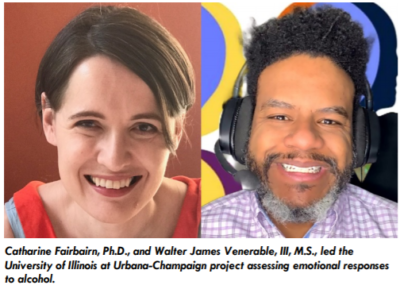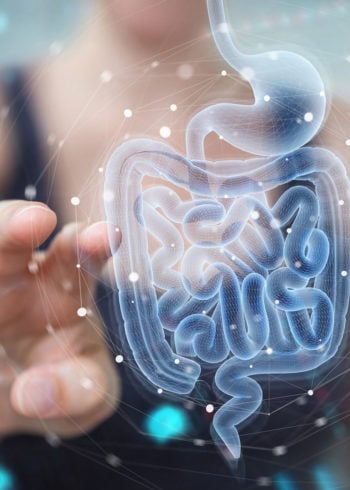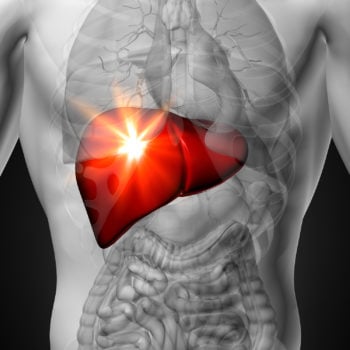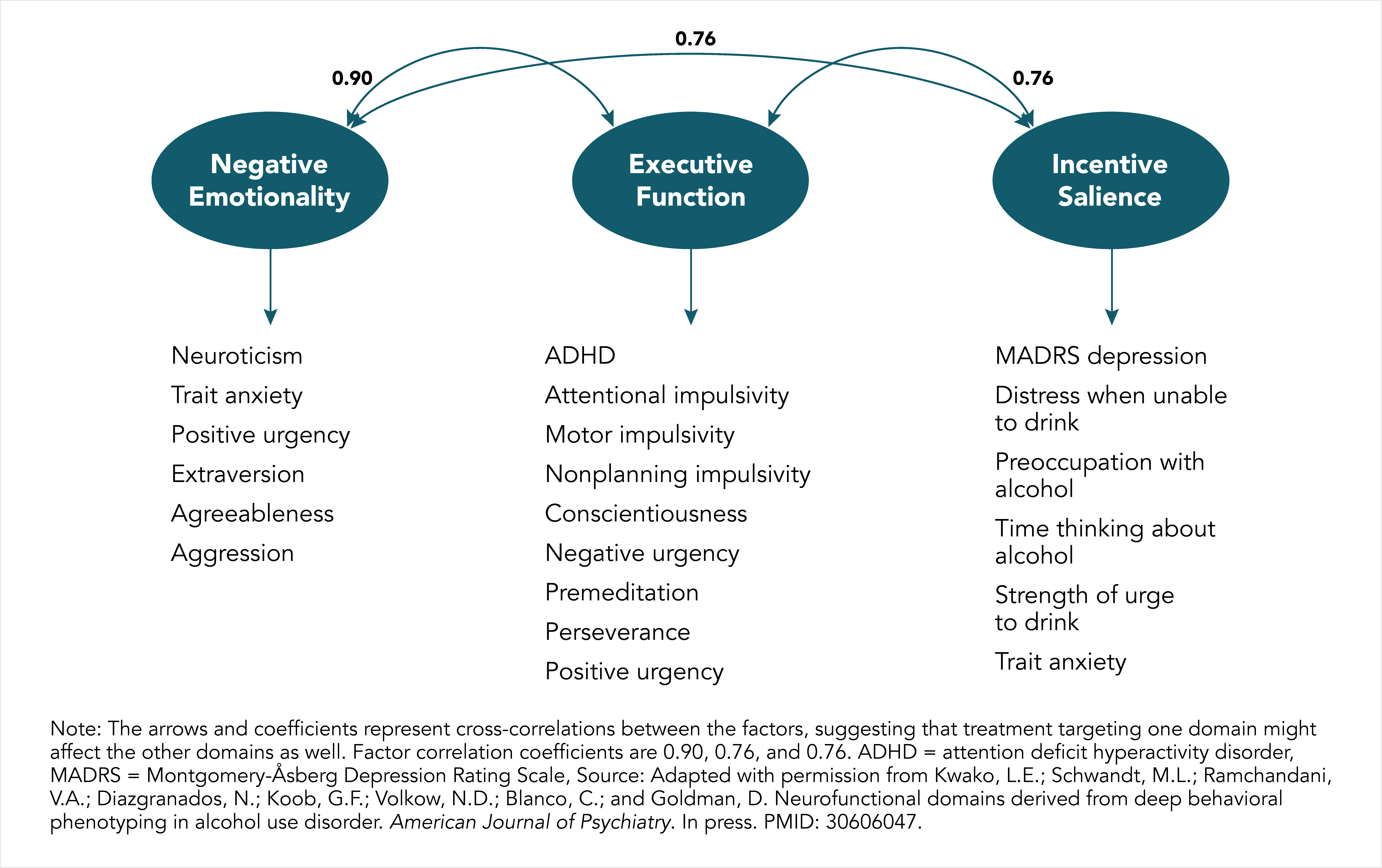Emotional Responses to Alcohol May Predict Alcohol-Related Problems
Alcohol can induce temporary positive feelings such as elation and happiness and reduce negative feelings like distress. These emotional responses to alcohol are believed to contribute to drinking behaviors that lead to alcohol use disorder or that make abstaining from drinking more difficult for some people. A new study funded by the National Institute on … Read more




